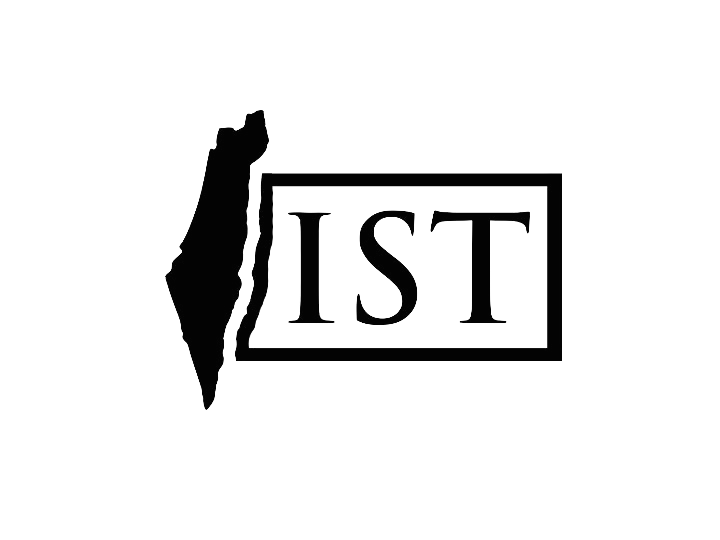November 26, 2013
Shabbas is coming, Shabbas is coming- the cries of the townspeople echo around the small town of Krakow. A sense of flurry to get their flowers and wine in time for the shabbas, as the aroma of challah baking and boiling chicken soup engulf the town. This uplifting atmosphere was experienced during times of prosperity for the Jews of Krakow, whereby the Jews played a significant role in society- they were accepted for who they were and what they believed in. All of this, all the Jewish pride and faith that was so prominent throughout the Jewish quarter of Krakow, was lost at the hands of the Nazis.
We awoke, having one goal in mind which was to bring the joy of Shabbas back to Krakow. The dark gloomy weather set the tone as we left Shule to walk the Jewish area of the city, Kazimierz District. As we headed through the town I looked around seeing glimpses of Jewish life around me. Touring through the ancient synagogues, viewing the remains of a strongly Zionistic and Jewish- orientated town was a comforting feeling as I was reminded that there were still aspects of Jewish culture remaining in Poland even though so much had been taken away. Miriam, our tour guide, told stories of the flourishing Jewish life in Krakow pre-WWII, and we stood in a circle side by side in the old Jewish centre of the town, Ul Szeroka, rejoicing and celebrating while singing the songs of our people. Many looked on in awe at the 100 Jews singing and dancing in the square, reminding the city of Krakow that the Jewish spirit is alive and well.
It's easy to forget walking around the synagogues of Kazimierz that not so long ago these synagogues were vibrant places of prayer, providing a focal point for the Jewish community that lived here. The only synagogue to have maintained this powerful link with the past is the Remuh Synagogue, which is still functioning. We visited the Shule, and despite being desecrated by the Nazi’s, some aspects remained untouched. The neighboring cemetery, despite being used as a rubbish dump by the Nazis, still houses the gravestone of Rabbi Remuh. The surviving headstone is seen by many Jews as a sign of his holiness and power. The Remuh Synagogue and the old cemetery is a reminder of a life gone by, a place of pilgrimage and a historical treasure.
Next stop; the Krakow Ghetto. Described as a place created for the purpose of exploitation, terror, and persecution of Local Polish Jews, the ghetto symbolizes a time where many lost hope in god and in humanity. The minute size of the ghetto was incomprehensible- I couldn’t get my head around the fact that 15,000 people were confined into a space which previously held 3000. Living today, it’s easy to look back and question the extent to what our people resisted- and ask questions like why didn’t they attempt to escape? I realised however that the people weren’t to know what lay ahead. We stood, looking around at buildings that were once home to Jewish families, now home to Poles; their historical significance stripped away. We visited the memorial to the Jews of the Jewish Ghetto in Krakow which consisted of 33 steel and iron chairs. Located near the tram and bus stops, ironically they are used by people waiting for transport.
The sun in Poland sets at around 3:30pm, attributing to a surprisingly early start to shabbat. After a week of self- reflection and experiencing the death camps that housed some of the world’s greatest atrocities known to man-kind, there was finally a time to celebrate, relax and catch up on the very little sleep we’d had. We returned from the days activities to commence the Shabbat preparation. This was a particularly special Shabbat as for so long the tradition had been eradicated in Poland and, with that in mind, we realized our responsibility- to bring back the everlasting spirit of Shabbat and with that, hope.
Representing the Jewish community of Sydney Australia we joined Rabbi Avi Baumol in a local Polish synagogue with 10 Jewish community members for Shabbat. We rejoiced in prayers alongside the locals. As we said the Havdallah, it reminded me that no matter where in the world we are from we, as Jews, we can come together and find unity through prayer. It was an unbelievable feeling as I realized I was celebrating Shabbat ,dancing, singing and rejoicing on the other side of the world with people I had never seen before. After an extremely confronting week filled with death and sadness, we finally had the opportunity to sit back and enjoy ourselves as we headed towards Kosher Delight for our highly anticipated Shabbat Meal. The night ended with a spiritual tish, and I have never felt more proud to be a Jew.
